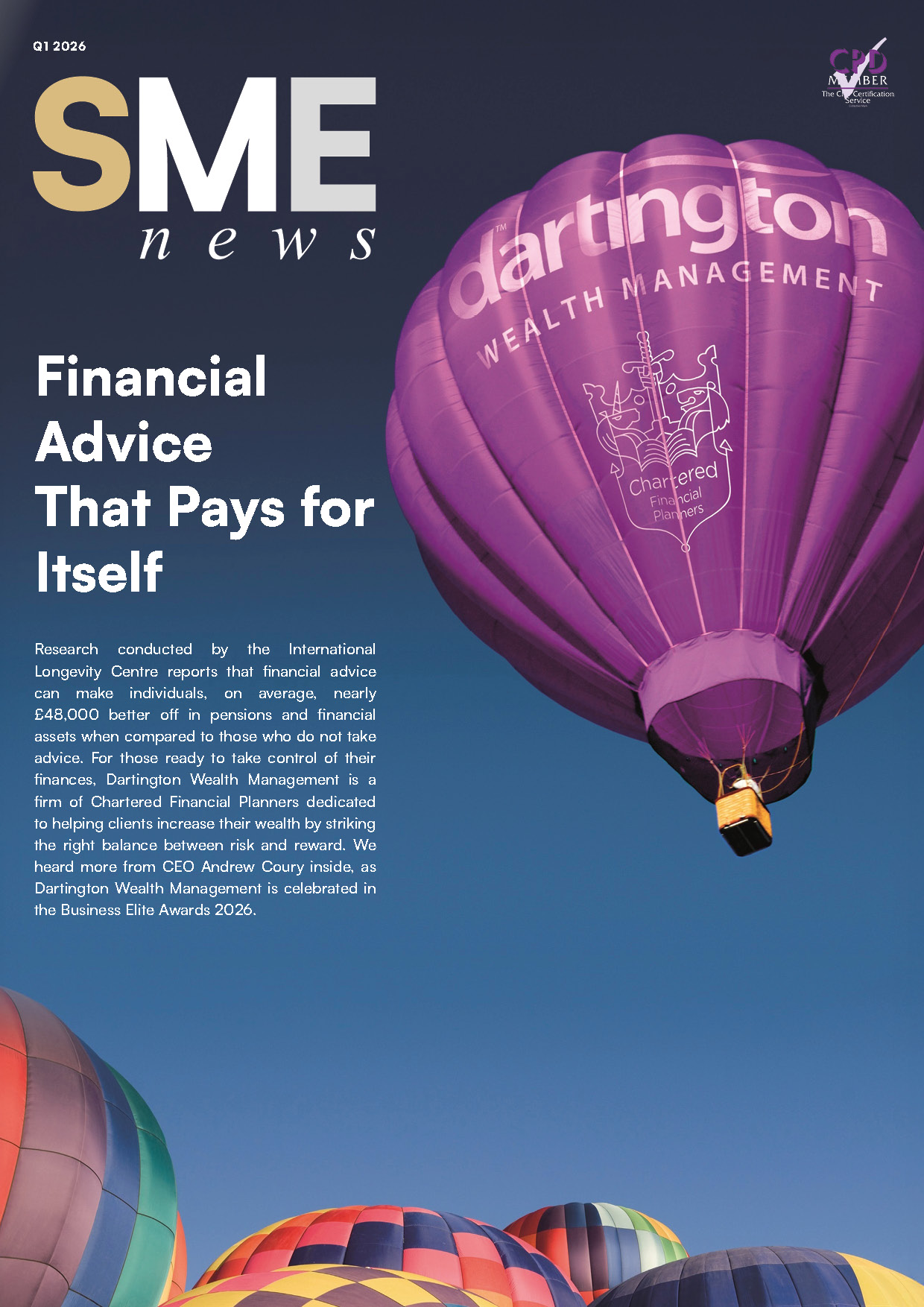By Karla Brooklyn, Global VP of Enterprise at SiteMinder
Women are more visible in the workplace now than ever and taking advantage of the many career opportunities available. However, these shifts in workplace practices that benefit women have not been reflected in terms of their recruitment into leadership roles. This is why Karla Brooklyn, Global VP of Enterprise at SiteMinder is a strong advocate of the anonymous boardroom.
Women are more visible in the workplace now than ever and taking advantage of the many career opportunities available. Traditional barriers to progress, such as career breaks to care for children or older relatives, are increasingly well accommodated in modern workplaces.
Often, this is due to technology, which makes it possible for many people to work remotely and/or flexibly, and to combine study with employment. Improved workplace policies and practices which are becoming commonplace also play a crucial role in enabling remote working. It is great news for women who are ambitious about their career goals and enjoy their work, and for employers who recognise the value of female talent.
Women have many great attributes that make us ideal candidates for leadership roles, such as resilience, hunger for self-development, results-driven, integrity, high emotional intelligence, and honesty. After all, leadership should be about skill and competency rather than gender.
However, these shifts in workplace practices that benefit women have not been reflected in terms of their recruitment into leadership roles. There are just five female chief executives in the FTSE 100 and the UK’s 350 largest listed companies only achieved a 30% female occupation of board roles in October 2019. Furthermore, while the recruitment of women to non-executive directorships is growing, the number of women in executive director roles is far lower.
There is still much work to be done if companies are to reap the benefits of a genuinely diverse boardroom. This includes overcoming not just the ‘glass ceiling’, but also the ‘glass cliff’ phenomenon which sees women and minorities being elevated to leadership positions during times of crisis or downturn, when their chance of failure is much higher. Women often take these roles as they are flattered by the opportunity and feel their resilience means they can overcome the hardest of challenges.
In practice, the factors keeping women from leadership roles are many and complex. Years of experience in hospitality and hospitality technology have shown me that issues like imposter syndrome, insecurities around credibility and education or social class disparities, are common reasons for women to hold back from the pursuit of leadership roles. But this need not be the case: women can, should, and do, overcome these challenges. Men, who of course also suffer from these syndromes and anxieties, tend to keep silent and compensate these fears with overconfidence, which doesn’t work for everyone.
I have found a growth mindset to be incredibly helpful in my own career acceleration. Never stop learning and remember, knowledge is power. Distance and part-time learning courses make it possible to combine education with employment, even for those without formal qualifications or those who have both working and caring responsibilities. Women without a degree shouldn’t feel restricted in the long term. Experience counts for a great deal, and it is never too late to learn – there is always more to find.
Networking and mentor schemes can also be a vital means for women who aspire to leadership roles. I found my own mentor incredibly helpful in challenging my mindset and (mis)perceived limitations, and that is why I now mentor others and work with start-ups, various forums, and universities to advocate for female leadership. It can be hard to establish a high-quality and authentic mentoring relationship, but it’s worth the effort.
The anonymous boardroom breaks down barriers
However, while women can do much to empower themselves in the workplace, statistics on women in leadership suggest a gender bias remains. We need more women to reach the top of their fields and normalise female presence in boardrooms – and this is happening, albeit more slowly than we would like. But what can be done to speed up progress?
When it comes to filling leadership posts, I am a strong advocate of the anonymous boardroom. Businesses need to have stricter recruitment processes, placing a sharp and unwavering focus on the role, rather than the identity of the applicant. Like it or not, assumptions are made based on gender stereotypes which may lead recruiters to overlook a well-qualified candidate and in doing so, compromise outcomes for the business and shareholders. Additionally, boards that are under pressure from investors for short-term results tend to fear change and opt for male leaders.
It’s not just women who are losing in this situation either – businesses are missing out on valuable skills and experience, and the operational and commercial gains that come with them. Female leaders have a great deal to contribute.
That is why I believe that, for organisations serious about recruiting for skills and leadership and optimising the quality of their leadership, there is no need for names and identifying data, such as career breaks, to be included on CVs. These too often speak to unconscious prejudice and skew outcomes in a way that harms the business just as much as the candidate. Anonymised CVs that describe only skills and experience force recruiters to identify – with thought and precision – exactly the capabilities they need and match them against objective candidate profiles.
Removing names and gender identifiers removes not just unconscious bias, but also the tendency for demographic groups (e.g. younger or less confident women, parents, and carers) to under-sell themselves during the recruitment process. The anonymous boardroom establishes a genuinely level playing field.
Like many women, I have reservations about quotas, even where women are clearly under-represented (as they are in leadership). There may be a place for quotas, as they have contributed to a rise in female executives in some countries. However, quotas can be open to criticism as tokenism and may undermine a woman’s credibility. The anonymous boardroom removes this pressure, focusing the recruitment of executives purely on role profile and creating a win/win situation for all concerned.










